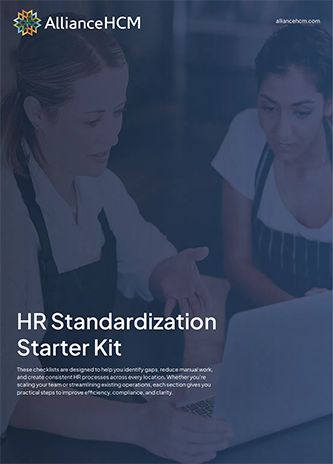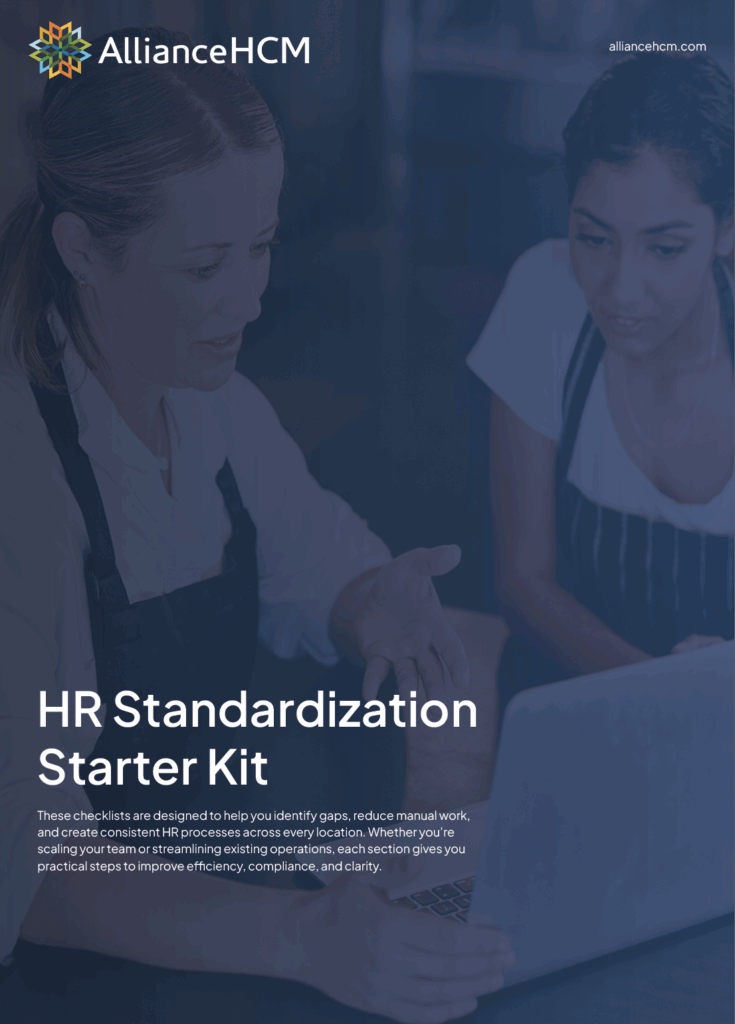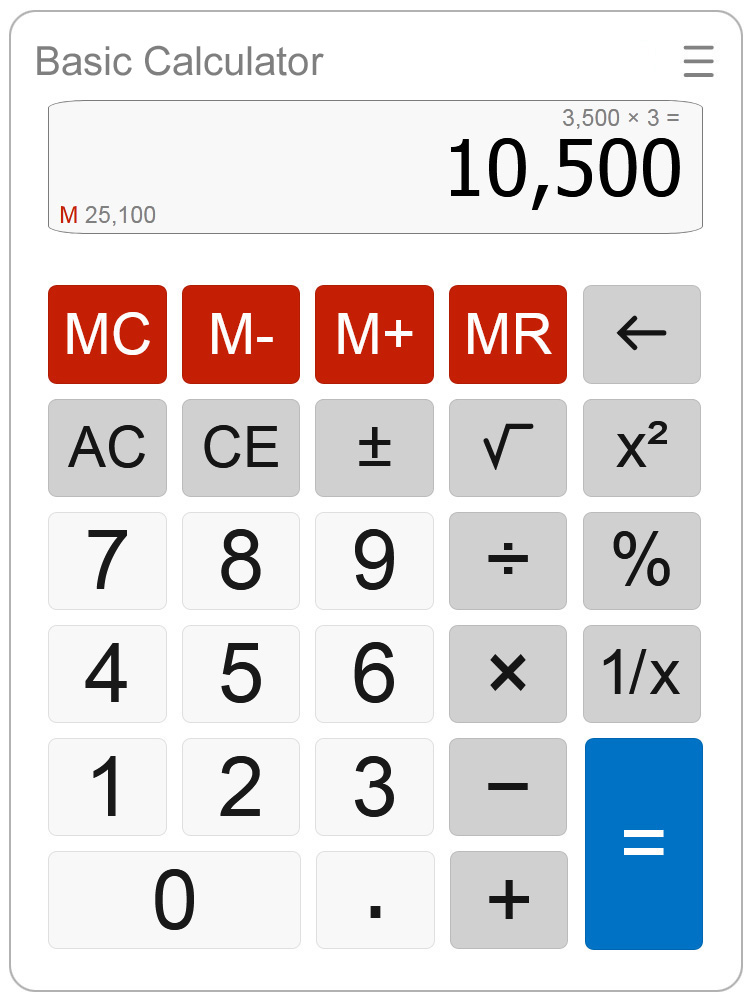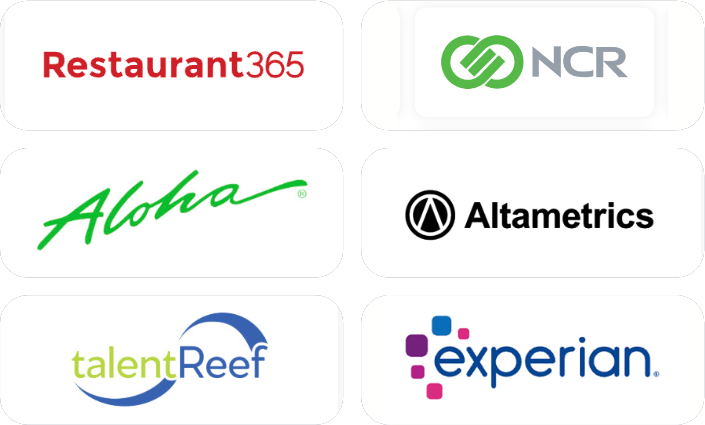Employee performance reviews can be a beneficial tool for businesses when done correctly. They are more than employee evaluations and scorecards—they provide insights for managers and employees.
An effective employee performance review needs these important components:
- A set schedule for reviews
- A written report
- An employee self-assessment
- A session for feedback
- An action plan for improvement
How to write an employee performance review
An employee performance review highlights improvement areas, encourages feedback, and fosters a positive work environment. Employee performance reviews need to address these key areas:
- Employee communication
- Teamwork and collaboration
- Reliability, attendance, and punctuality
- Problem-solving skills
- Work accuracy and quality
- Skills and competencies
- Accomplishments and notable contributions
This is an outline of an employee performance review example:
- Introduction: Give an overview of the review period and purpose of the review.
- Outline achievements: Start with positive feedback about accomplishments and positive contributions.
- Performance metrics: Use a scoring system to address the previously mentioned aspects in an employee performance review. Use objective data like sales figures, customer satisfaction scores, and completion rates. Address any key performance indicators used at the start of the review period.
- Areas for improvement: Address areas for improvement. Use examples and provide constructive feedback.
- Suggest solutions and resources: To alleviate problems or provide guidance for improvements, suggest solutions for your employees. Also, highlight internal training courses or materials to help them grow.
- Set goals: Review goals for the period and evaluate the performance based on them. Set goals and KPIs for the next review period.
- Conclusion: Summarize the employee performance review and set follow-up actions.
What are some best practices for giving constructive feedback during employee performance reviews?
The language used during an employee performance review should be positive, direct, clear, and non-accusatory. These are some tips to follow, and later on we’ll consider some examples of language to use or avoid:
- Be specific: Avoid generic comments because constructive feedback needs to be tailored.
- Be empathetic: Come from a place of respect and understanding. Being overburdened with tasks or other conflicts can cause poor overall performance.
- Be consistent with feedback: Ongoing feedback will let employees know you have an open ear for concerns. It also prevents terrible behavioral habits from forming by addressing them as they appear.
- Be behavior-focused: Focus on employee behaviors and actions. It is better to highlight missed project deadlines instead of calling an employee unreliable.
- Be solution-oriented: Present options to solve issues you see. Practical suggestions and resources can help alleviate problems that you notice.
- Be clear: Set goals and objectives that are clearly defined so everyone is on the same page.

Employee performance review examples
Here are some examples of employee performance review comments and how they could be improved:
- “Great work on projects”: This is vague. Instead, be specific about performance by saying, “Takes initiative with projects. Offers helpful suggestions during meetings.” Performance appraisals should also be specific.
- “Poor work quality”: While direct, this is too harsh and not helpful. Rephrase this as “Many inaccuracies in work. Needs to improve on…”
- “Poor time management”: This is generic. Be sure to address the actual area of concern. “Missed important deadlines on four projects” is more direct and specific.
- “Great communication skills”: While this is good, it could be improved by being more specific. Try using something like “Effective verbal and written communication skills, including clear action plans in emails.”
These employee performance review phrases can be tailored to your needs.
During the discussion or self-assessment, ask questions that will make employees give honest answers. Take these employee performance review questions into consideration:
- Why did you fail to complete [task name]? A better question would be, “What stumbling blocks/hurdles did you face during [task name]?” You are directly asking about the problems your employee might have faced. This would allow them to open up and explain how they could have completed a task without issues.
- What are your greatest strengths? This question is generic, and employees may be compelled to say what they think you want to hear. Instead, ask, “What personal strengths help you do your job better?” This would inspire employees to reflect on their own skills to give an honest answer
- Where do you see yourself in two years? Try asking, “What professional opportunities would you like to explore at this company?”
- Are you comfortable expressing concerns? This question is stiff and employees may default to saying “Yes.” Try asking, “How can I help with concerns about giving feedback?” Leading from a place of support will earn employee trust.
How often should employee performance reviews be conducted?
Employee performance reviews should be conducted regularly and consistently. A biannual or quarterly employee performance review should be sufficient. If left as an annual task, there could be too much information to cover to be effective.
How can performance goals be set and measured in employee performance reviews?
There are different ways to set and measure employee performance reviews. This can include a letter grading system of A-F, percentages, descriptions, or a combination. No matter what system is used, it should be consistent across employees. Include a discussion with each employee to make a plan to address improvement areas and maintain quality work.
Encourage employee retention
Effective employee performance reviews encourage an employee to continue to grow and seek new opportunities at your company. Let AllianceHCM further help you to retain employees and bolster employee performance management. Learn more about creating career development plans for effective employee retention and other solutions to keep your employees engaged and with your company for the long term.





